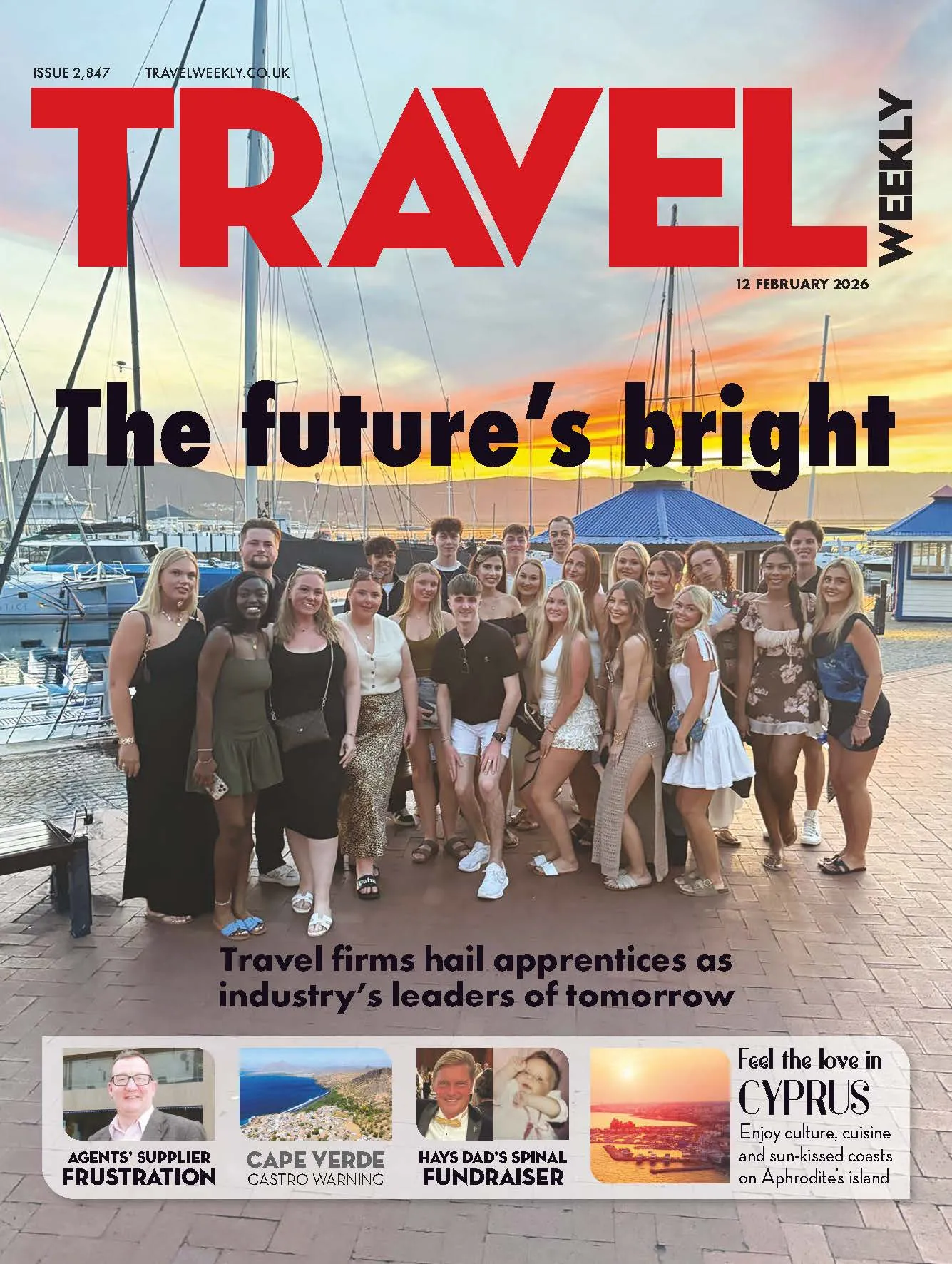You are viewing 1 of your 2 free articles
The EU-UK summit offered reasons for cheer
It was heartening to see Abta’s calls addressed, says the association’s Luke Petherbridge
Last week’s UK-EU summit has had a mixed response. Politics aside, following years of lobbying by Abta and other industry bodies, there was lots in the deal for travel.
Ever since the referendum was announced, Abta has been at the forefront of highlighting the barriers for travellers and businesses linked to the UK’s departure from the EU. We’ve met with ministers, engaged officials, spoken at committee hearings in parliament, published evidence reports and had one‑to-ones with MPs and other policymakers, in the UK and across Europe.
We’re glad to see our calls being addressed in this agreement, following years of hard work. Starting with the attention-grabbing announcement on e-gates. While good news, it won’t come into place until at least October, as it is linked to the introduction of the EU’s Entry/Exit System, so nothing will change for the summer season. The introduction will be a gradual process, and it will be up to each country to decide whether to offer e-gates. But we’ll be speaking with our main tourism partners to promote the benefits of doing so.
No call from Abta has been more visible than that for a UK-EU youth mobility deal. With the number of UK nationals in roles such as travel reps or ski guides having declined by nearly 70% since Brexit, we’ve always maintained this really matters. Our messaging has focused on the loss of opportunity for individuals – with these roles long being a springboard into careers within travel – as well as the severe constraints that mobility restrictions have placed on businesses. These link directly to the government’s missions around growth and improving life chances – and it is welcome that, after many years of plugging away, both sides have accepted the principle that an agreement would be mutually beneficial.
Barrier to recruitment
Removing the red tape faced by travel businesses remains a critical objective. Making it easier to hire staff is an important part of that puzzle. Linked to this, we are pleased that talks will take place to enhance the mutual recognition of professional qualifications. We’re also hopeful a deal will be done to remove some of the barriers facing business travellers.
The deal to start talks around better sharing of data on health and security matters could be highly valuable and is something we’ve been pushing for. UK bodies no longer have access to important databases sharing information on illness and disease outbreaks, such as legionella. While workarounds have been developed, restoring a full flow of such data would have clear benefits for everyone.
Emissions trading
Another potentially consequential move is the possibility of linking UK and EU emissions trading regimes. This is a complicated area, with trade-offs; for example, the UK carbon price is currently lower than the EU equivalent, but the EU’s ETS scheme includes more generous allowances for aviation than the UK version. It’s too soon to assess this fully, but if agreed, it would doubtlessly shape how we decarbonise.
It’s worth noting that many of these issues are still to be fully resolved. The UK and EU have essentially agreed to do deals on some of these things at a later point. Abta will continue to engage as talks begin, representing our members’ views and the wider industry. We’ll also continue to raise topics outside of this deal, such as ‘cabotage rules’ for coach operators and the need to facilitate school travel.
We’ve always been clear that lobbying is about developing relationships, building evidence and winning arguments – that isn’t a quick process. But doing the leg work is vital to ensure that the interests of our industry are being represented. Fulfilling that task is one of the main reasons Abta has been here, as a strong voice for the industry, for 75 years.


















